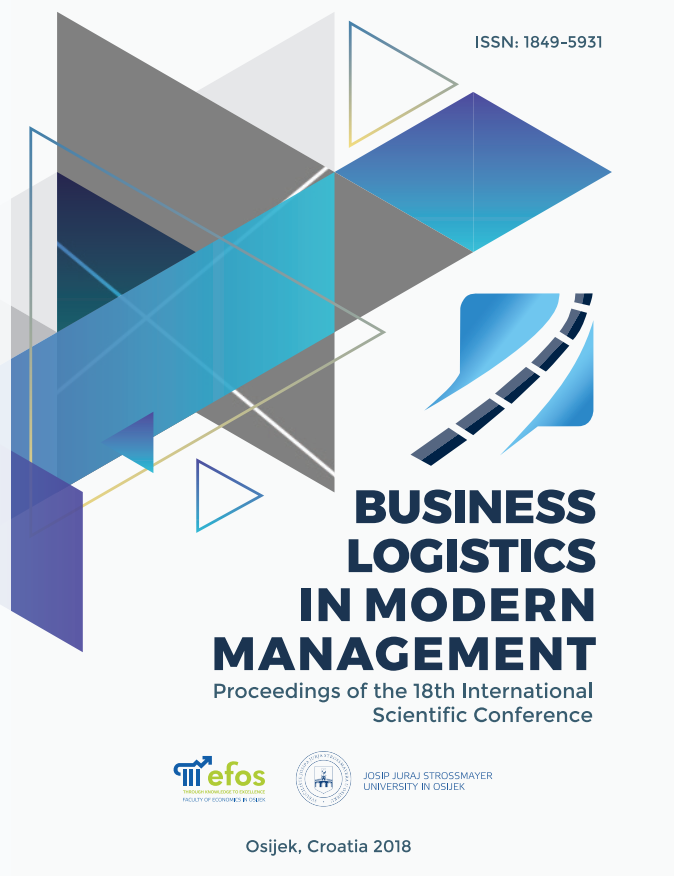THE COMPARISON OF CLASSIC MANAGEMENT ACCOUNTING WITH THE LOGIC OF THE THEORY OF CONSTRAINTS
Abstract
Companies and the environment in which they operate are becoming more and more complex. The process of changes in the companies’ operations and the evolution of the market environment is a result of a progress. Throughout history, the pace of changes is constantly accelerating. This happens despite the slowing turbulences which are caused by, e.g. wars, natural disasters or changes in the natural environment of man. The changes concern especially an information layer. While conducting the undertaking, everyone tries to achieve information advantages over the competition. The aim of the article is an original comparison of the idea of a management accounting system based on the Theory of Constraints with the classical management accounting. The system based on the Theory of Constraints lets us build competitive advantages by using and focusing on individual elements of the company which are called the weak links. This system is the answer. It is a necessary simplification in the world of progressive concentration of capital, the growing scale of operations resulting in a geometric increase of the amount of information which are taken into account when making management decisions. Managers should focus their efforts on the place (Pareto Principle), where they can achieve the greatest benefit for the entire company. This feature of implementing the Theory of Constraints to the management accounting system determines its attractiveness in the process of company management. On the basis of a literature review, the authors compared the classical approach of the management accounting and the capacity logic which is proposed by E. Goldratt. Nowadays, turbulences result not only from natural causes and market changes, but above all from geopolitical ones, which affect in particular the logistics industry. In the article, the authors pointed out the areas of the logistics industry in which the solutions offered by the Theory of Constraints can find practical and valuable applications.
Key words: the Theory of Constraints, the management accounting, the capacity logic

